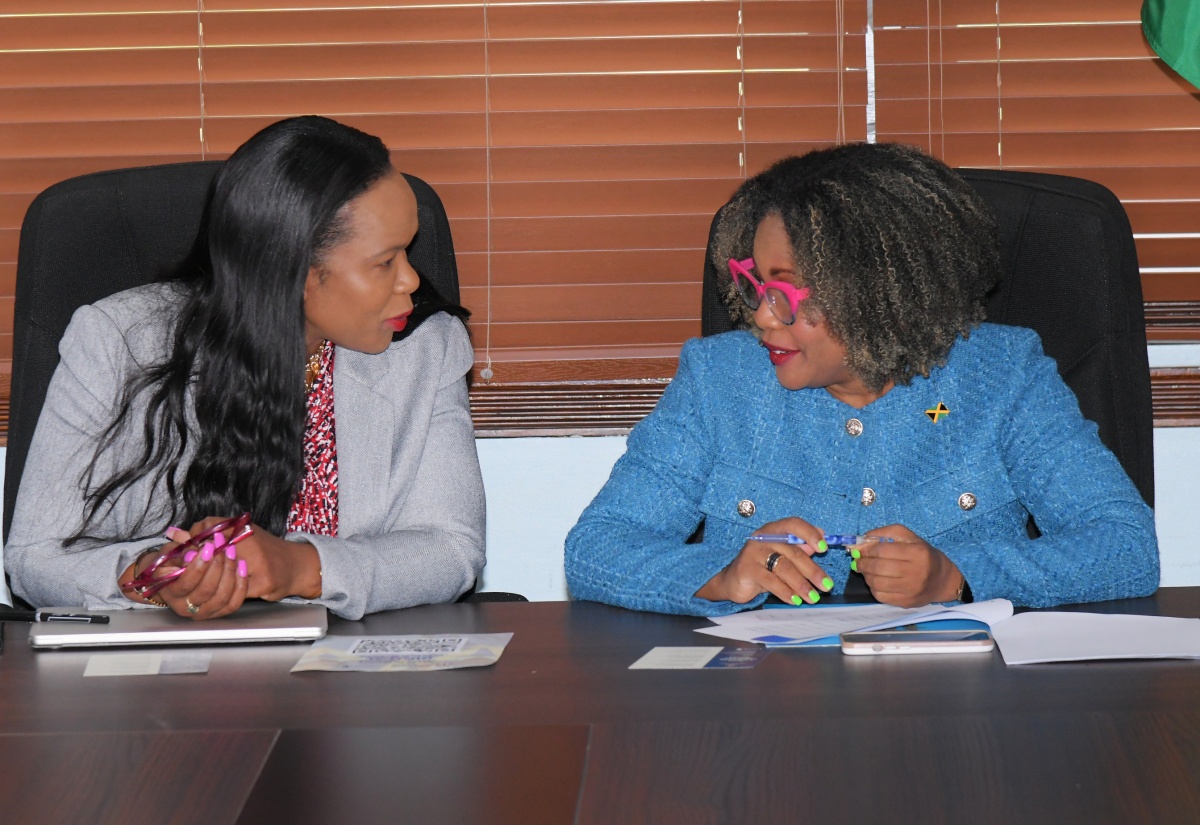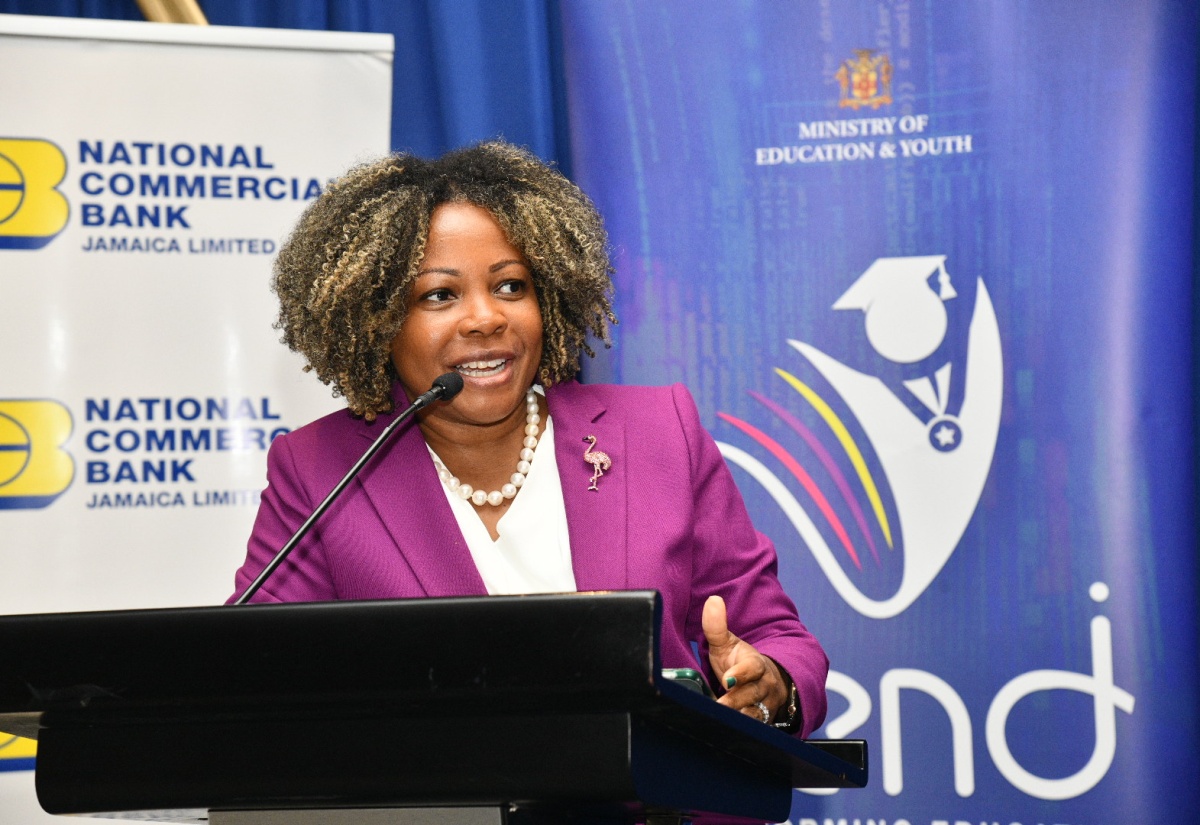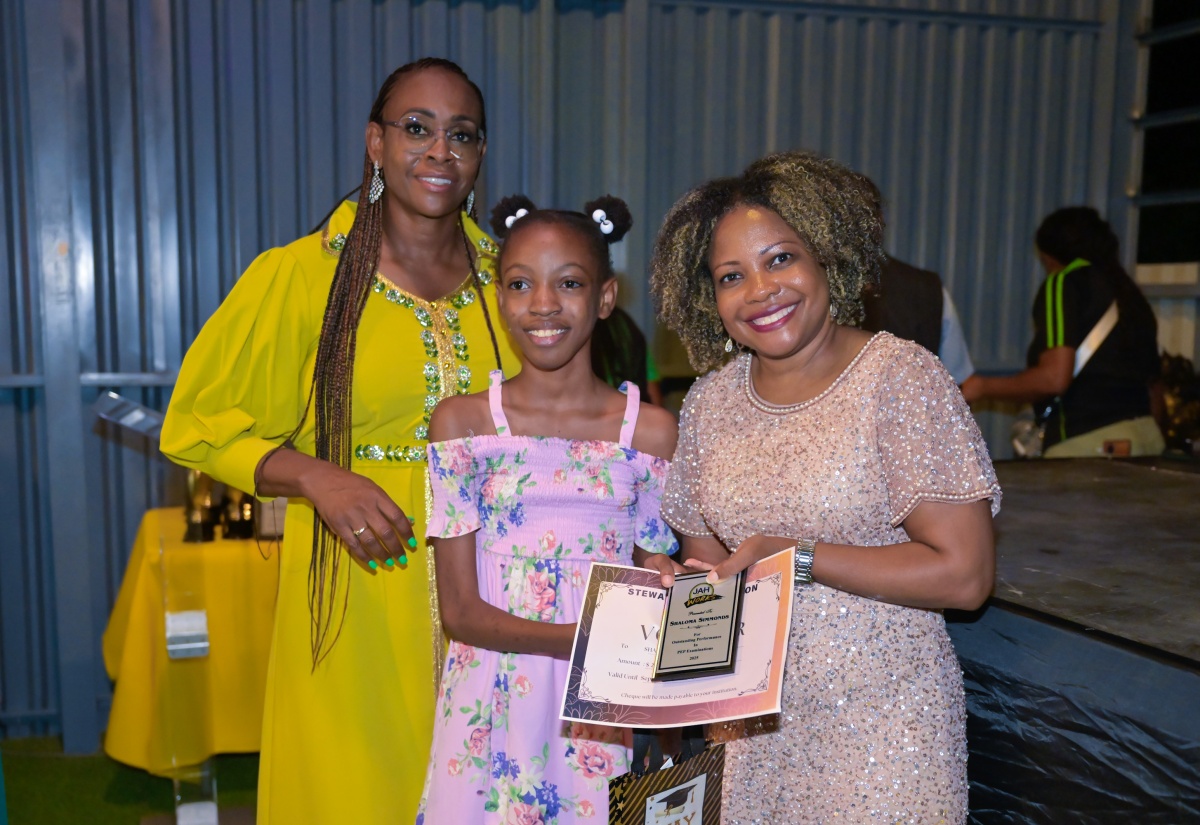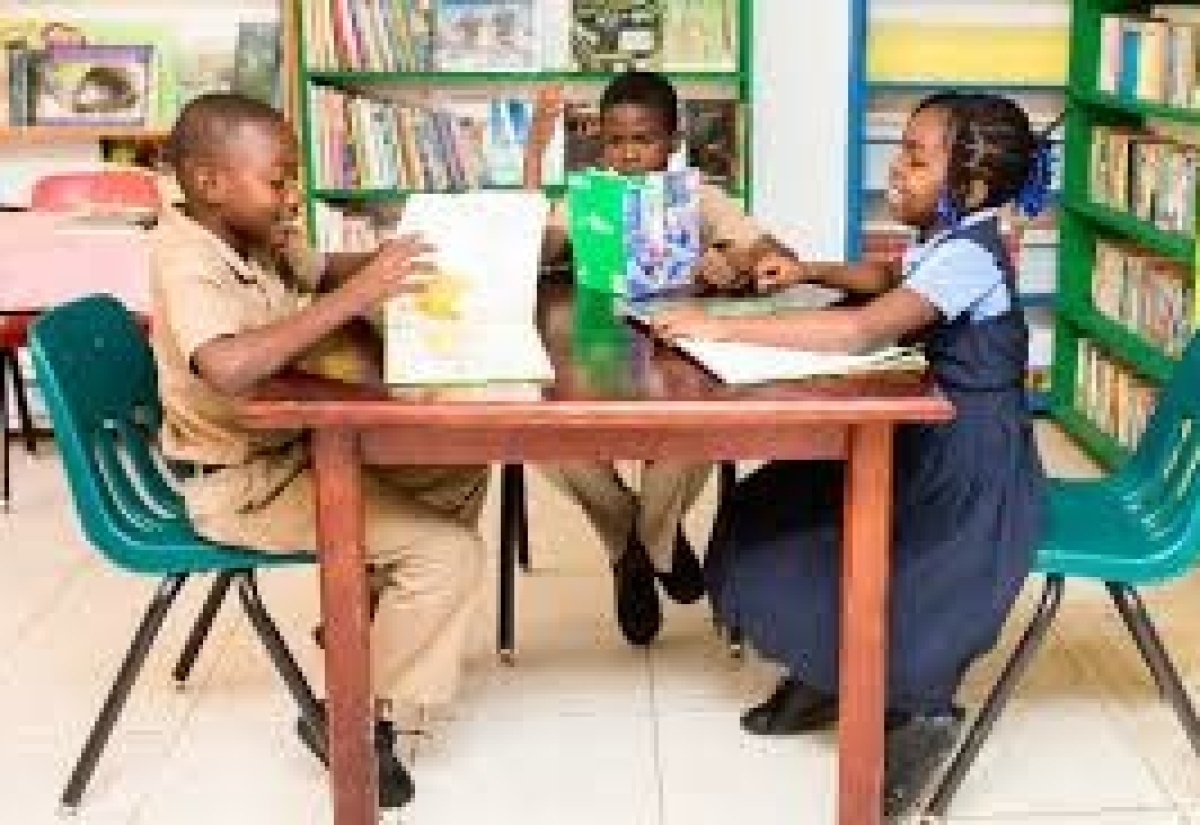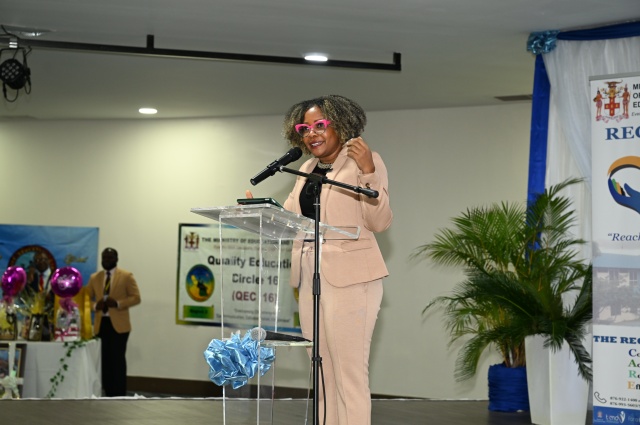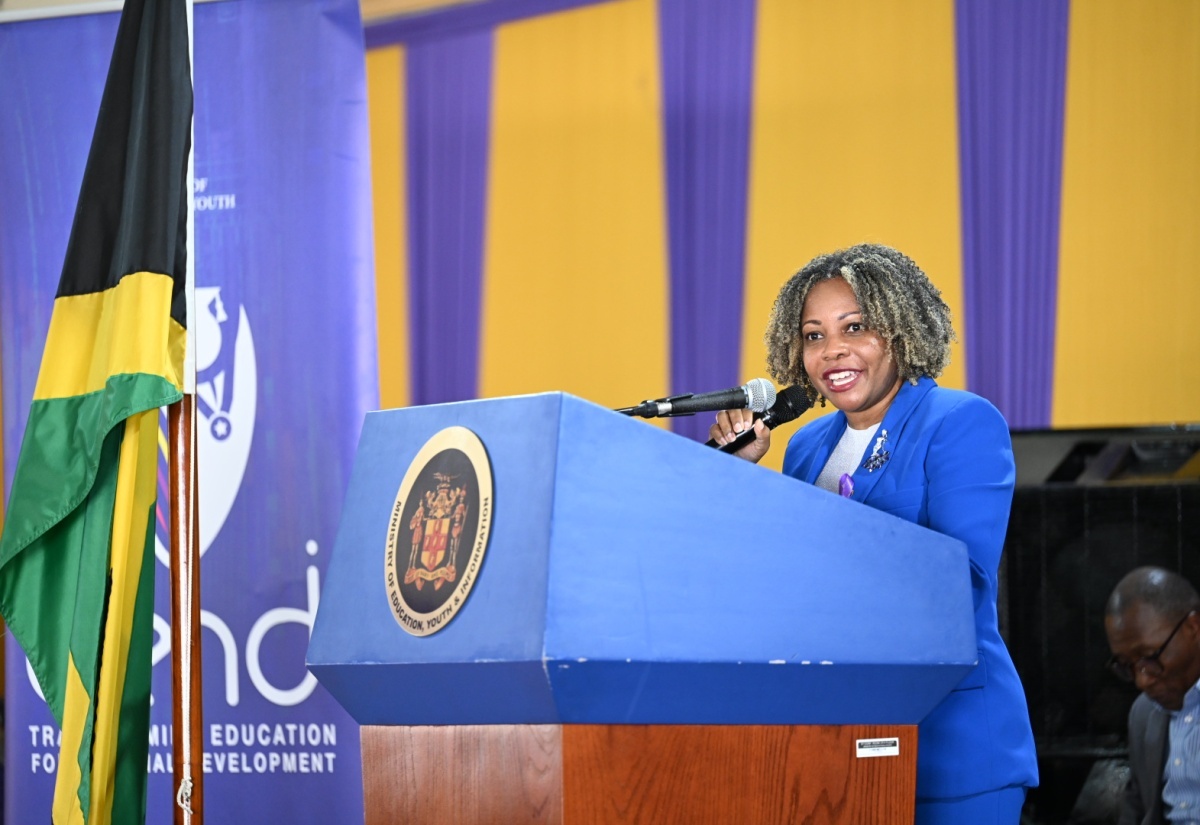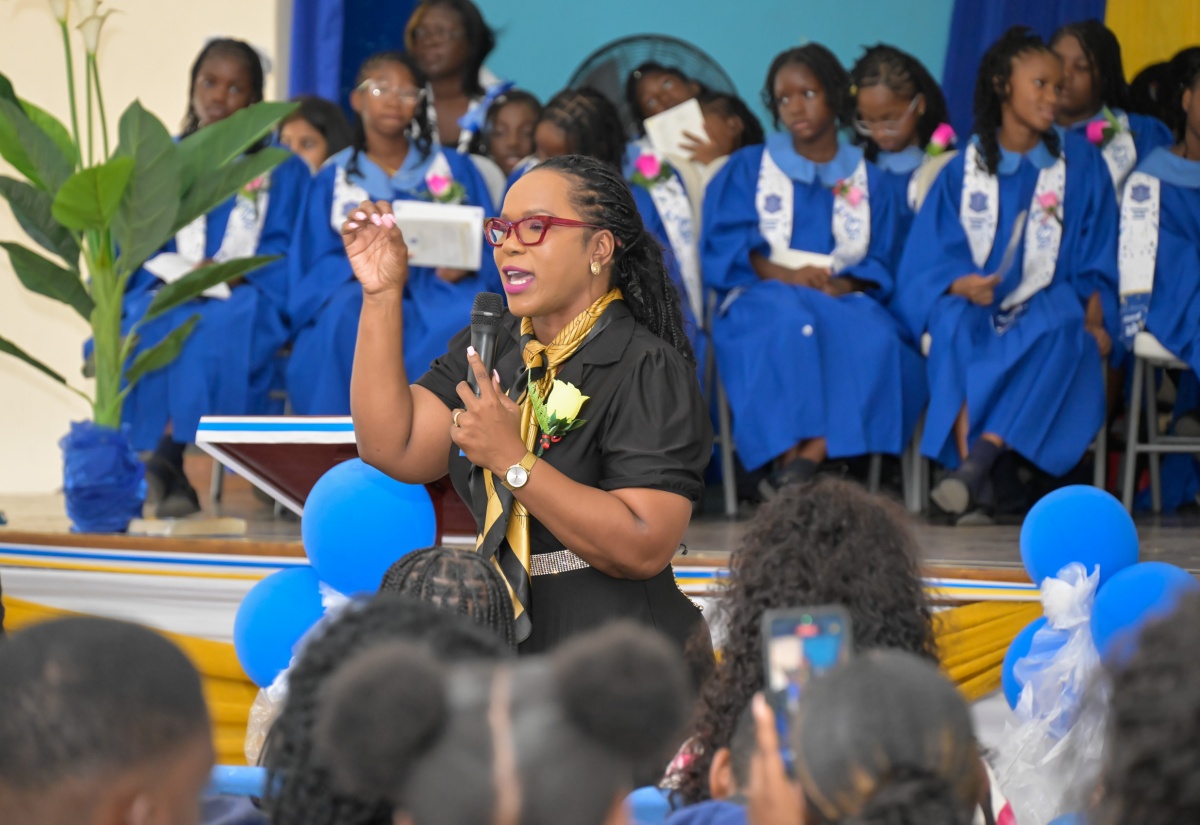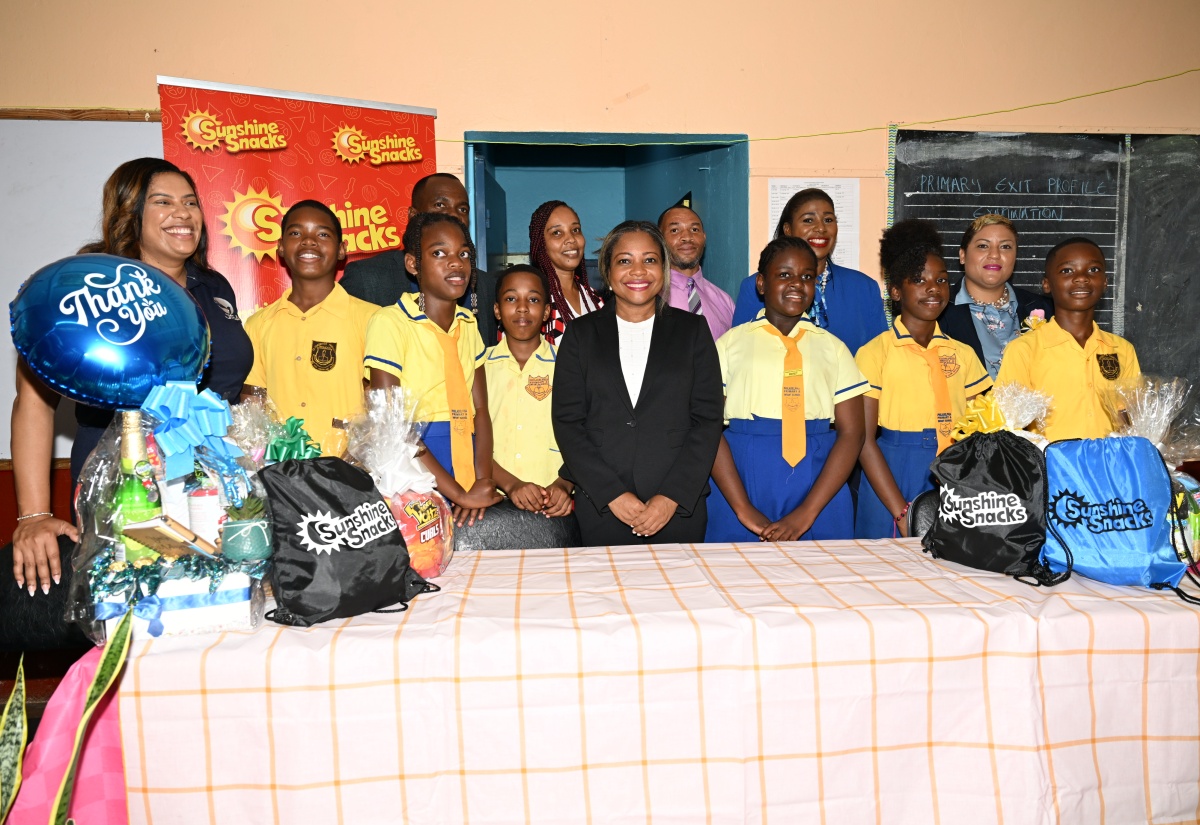The Ministry of Education, Skills, Youth and Information is reporting improvement in the performance of Jamaican students in the May/June 2025 sitting of Caribbean Secondary Education Certificate (CSEC) English A and Mathematics.
Portfolio Minister, Senator Dr. the Hon. Dana Morris Dixon, said 85 per cent of students received a passing grade in English A, while 44 per cent passed Mathematics.
In 2024, 76 per cent and 39 per cent of students passed English A and Mathematics, respectively.
“The regional average is 80 per cent of students passing English A. We have surpassed the region in English A. The regional average is 39 per cent of students passing Mathematics. We are above the regional average again, in Mathematics,” Dr. Morris Dixon said.
She was addressing a press conference held on Friday (August 15) at the Ministry’s Heroes’ Circle offices in Kingston, where she presented a report on Jamaica’s performance in CSEC and Caribbean Advanced Proficiency Examination (CAPE).
Dr. Morris Dixon shared that at a meeting with the Caribbean Examinations Council (CXC) on August 14, concerns were raised about performance in Mathematics across the region.
“It is something, as a region, that we’re going to have to tackle. We in Jamaica have already started it and it is very encouraging to see that we are above the region and we are going to continue on that thrust. We are inching up towards pre-pandemic numbers. In 2019, we would’ve been at 54 per cent and so we are slowly moving back to that in terms of Mathematics,” Dr. Morris Dixon reasoned.
Meanwhile, performance in English A has exceeded pre-pandemic levels as the 2019 pass rate was 82.8 per cent.
Some 30,514 students were registered for CSEC, but only 93.9 per cent sat the exams.
Pass rates for other subjects are Principles of Business – 90 per cent; Theatre Arts – 92 per cent; Visual Arts – 83 per cent; Agricultural Science – 86 per cent; Biology – 84 per cent; Information Technology – 88 per cent; and Food Nutrition and Health – 93 per cent.


